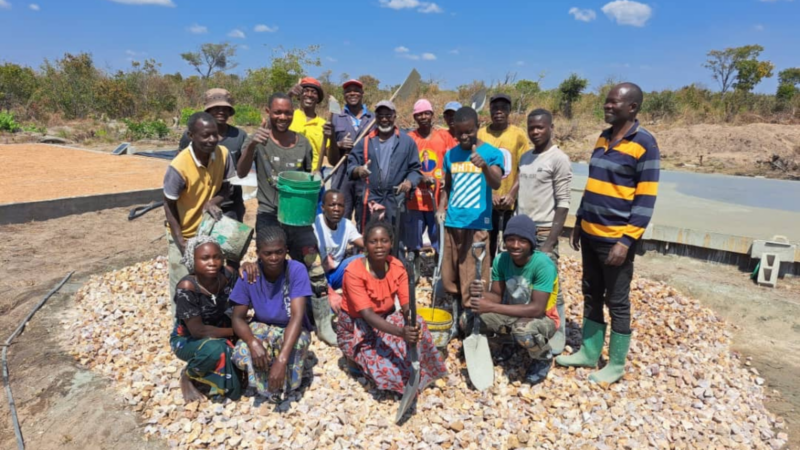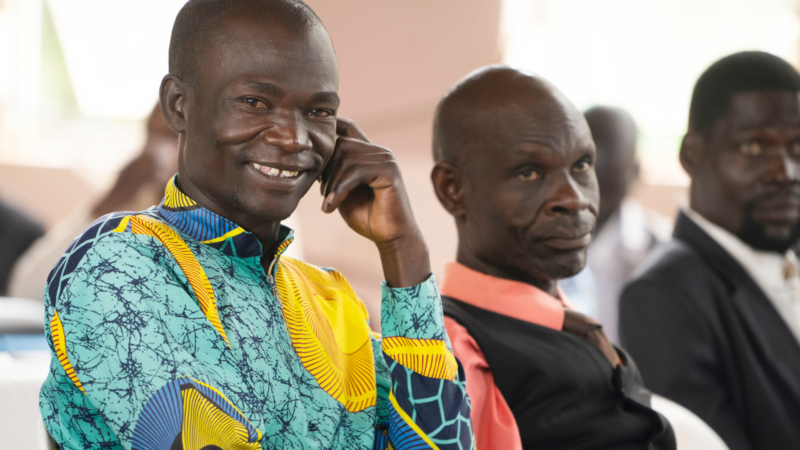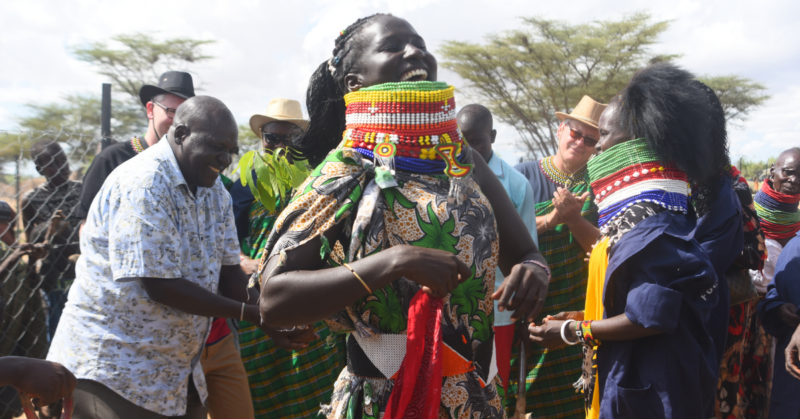As we continue this examination of missions, it’s important that we investigate the practical aspects of living a missional life. So far we’ve taken stock of God’s leadership in missions. We have surrendered our successes and setbacks at His feet. We’ve set our minds on the expressed will of God and in doing so have prioritized missions involvement in our lives. And finally, we’ve agreed to give God our “yes” in participating, trusting He will guide our efforts. Now we need to take a look at these concepts lived out in real life. How can we give eternal hope to others? What does it look like to say “yes” to God in missions?
The “Incarnational” Witness
What does it mean to be “incarnational?” The dictionary defines “incarnation” in a of couple ways. For our purposes, however, the closest meaning would be “a person showing a trait or typical character to a marked degree.” The term “incarnational witness” describes a lifestyle where a Christian believer acts out their faith so that it affects others. By living as a witness, others will see a difference in your life and feel motivated to change.
John 1:14 demonstrates this perfectly: “and the Word became flesh and dwelt among us.” The truth that Jesus lived among us paints a powerful image of what it means to live a missional life. That being said, within our own faith-averse culture, this term has become synonymous with simply being a kind and generous person. It’s this thinking that must be addressed in order for the true missional witness to be achieved.
A Call to Eternal Hope
One of the chief differences between “teaching” and “preaching” is a clear and deliberate call to action. We can consider the merits of missions and a missional life all day long, but the practical side of missions requires more than dialogue. The line between an active missional lifestyle and simply being a “nice person” is very thin and requires but one step to cross it’s threshold.
While it should never be suggested that good deeds ought not to be done apart from any gospel presentation, it is fair to say that these tasks fall short of the definition of “missional.” The “missional” lifestyle is one that calls others to repentance and ultimately to salvation through Christ. Developing this mindset is a critical step in creating a deliberate plan to live a missional life.
But remember that even though Jesus set a high bar in terms of kindness, compassion, generosity, and so many other positive traits, He never stopped short of calling people to respond to the most desperate need in their lives. Obviously we want to address the needs of others, but when we consider the ”missional” life we cannot forget that the greatest need a person has is the restoration of their relationship with the Father. Getting to this stage with a person requires going beyond the “incarnational” witness and to a deliberate call to action that can make all the difference.
At Bright Hope, we demonstrate the love of Jesus in tangible ways, serving the extreme poor regardless of religious background. We desire to give eternal hope to the extreme poor so they will hunger to know Christ and come to salvation.





